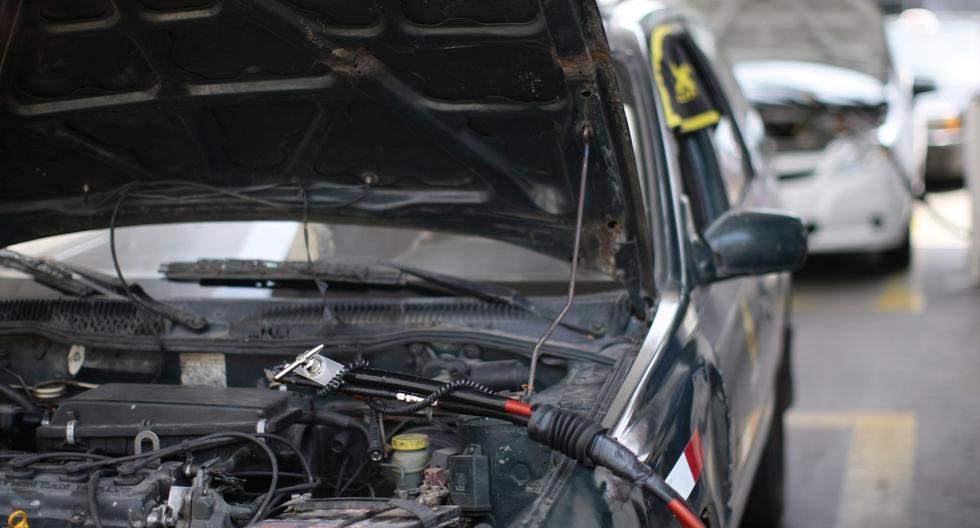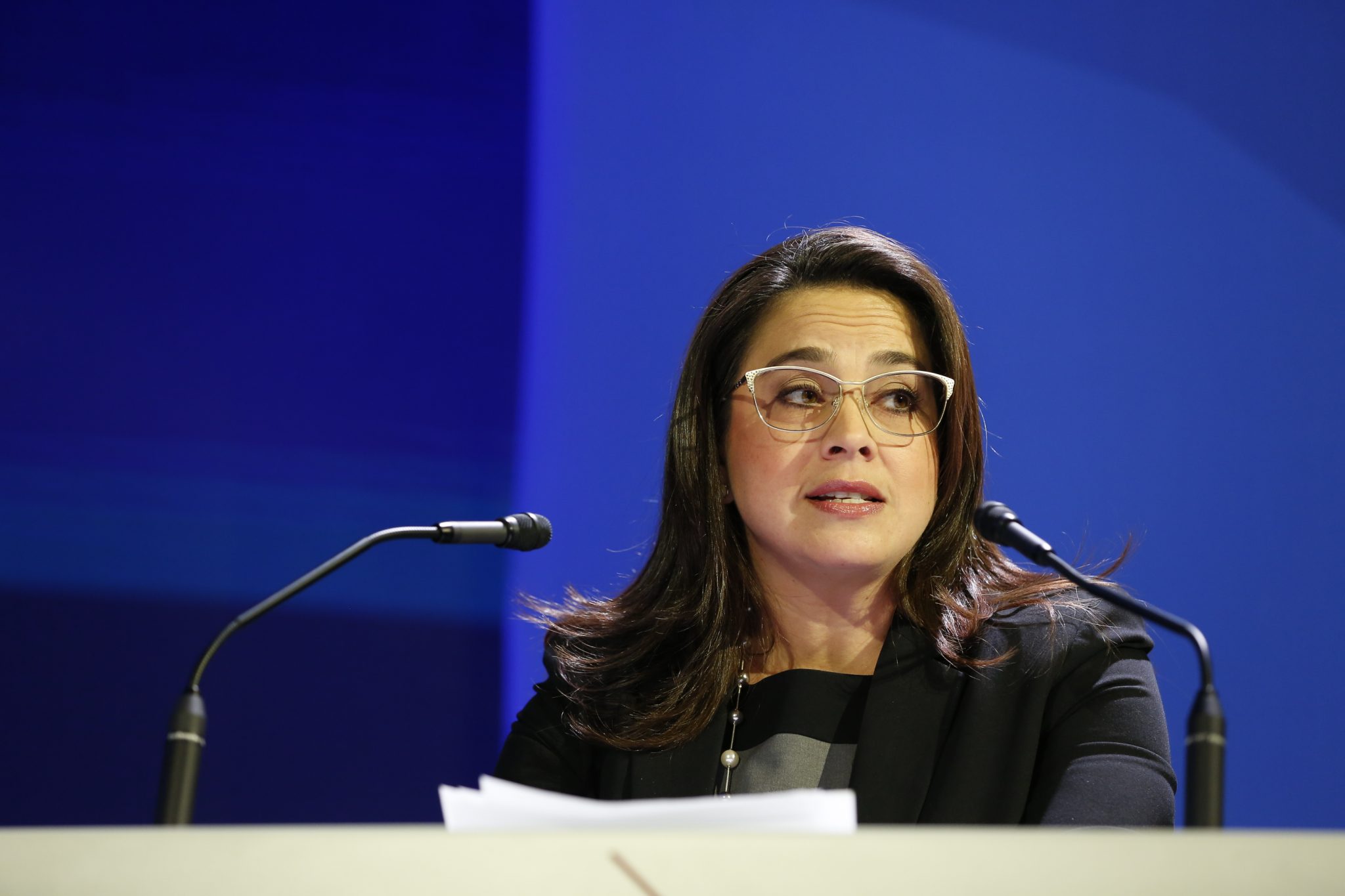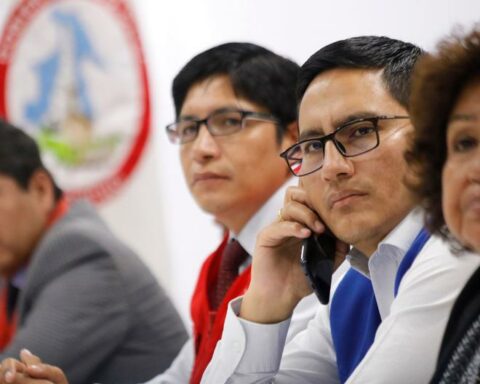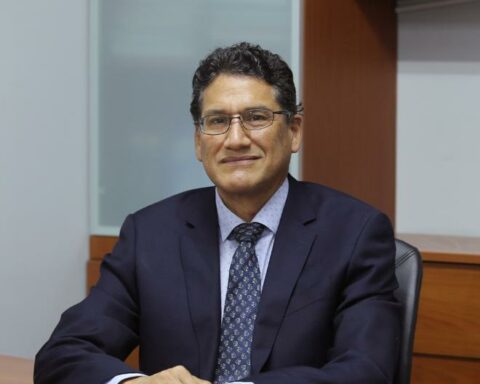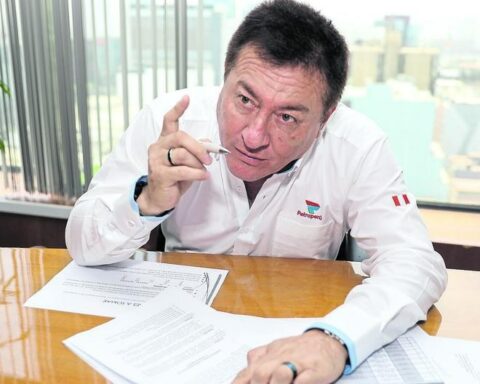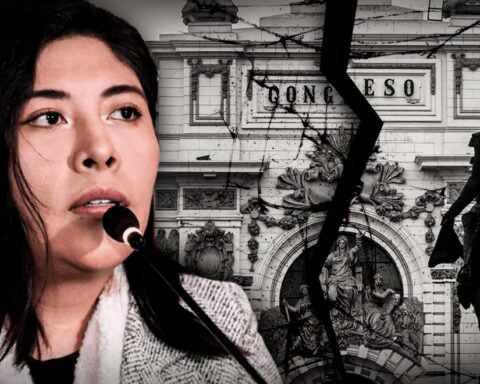Faced with the rise in fuel prices in the country, through a supreme decree, the Ministry of Energy and Mines (Minen) At the end of March, the entry of gasoline (84 and 90 octane) was made official; gasohol (84 octane); diesel 2 and bulk LPG to the Petroleum Derived Fuel Price Stabilization Fund (FEPC).
Along these lines, and after the carrier strike, the Ministry of Economy and Finance (MEF) decided to exonerate the payment of the Selective Consumption Tax (ISC) 84 and 90 octane gasoline and gasohol, as well as different types of diesel.
However, these measures have not been able to calm the spirits of the carriers, on the contrary, they have been exacerbated and even overflowed throughout the country as they did not see immediate effects and due to the lack of clarity in the Government’s messages.
SIGHT: Fuel price remains high despite the elimination of the ISC in gasoline of 84, 90 and diesel
Carlos Parody, professor at the Universidad del Pacífico, pointed out that, although the measure is necessary, it is not the most appropriate or effective. “When you want to develop public policies, you have two great possibilities: apply subsidies or universal aid, regardless of the income to whom it is directed”he referred.
In this case, he noted that this last measure will not benefit, specifically, those who need it most; since it occurs in the first part of the chain, not at the taps, therefore, there is no certainty that the benefit will be transferred to the final consumer and, finally, it implies a fiscal cost for the Government, because it stops receive tax revenue.
“This exemption, says the MEF, will only be given for nine months to be revalued quarterly; but the question is how will he then replenish the tax when prices stabilize, because in the midst of a weak government, people will not accept it?assured.
Was the exemption from the ISC successful?
This type of action puts on the table again the discussion about who should have the power to modify and set exemptions from the ISC: the Congress of the Republic or the Executive? In this regard, there is even a bill by Avanza País, which proposes to modify article 61 of the General Sales Law (IGV) and Selective Consumption Tax (ISC) to change and set the rates of these taxes based on to technical reports, and that this action be the exclusive power of the legislature, as it was years ago.
“This is a debatable issue, the ideal is that both powers talk; However, if this type of decision was before the court of Congress, it would have to go back there, since the fear that the Government continues to give populist measures, and often without technical support, is still latent”, Parody assured.
Not surprisingly, he recalled that Parliament did not grant the FEM 100% of the powers requested to legislate on tax, fiscal, financial and economic reactivation matters.
“The attempt to raise taxes that was stopped by Congress was a populist measure, because the Government at its three levels stopped spending 40% of the money it had (around S/ 20,000 million) and the tax reform planned an increase in collection of S / 12,000 million per year, so the logical thing was to spend the money that was had and not burden with more taxes and less in a situation still complicated in the recovery phase due to the pandemic “narrowed down

